Eating healthy is essential, but in Canada, some of the most popular good-for-you foods come with a surprisingly hefty price tag. From grocery aisles to trendy cafés, these items are marketed as essentials for wellness, yet they can drain your wallet faster than you realize. If you’ve ever wondered why your grocery bill feels higher despite buying clean, these are usually the culprits. Here are 10 “healthy” Canadian foods that are actually wrecking your budget:
Organic Produce

Organic fruits and vegetables often cost 20-40% more than their conventional counterparts in Canadian grocery stores. While they are marketed as pesticide-free and healthier, most Canadians get the same nutrients from regular produce. Unless you’re sticking to the Dirty Dozen, you may be overpaying without much added benefit. Choosing local, in-season produce often gives you better flavor and nutrition at a fraction of the price. Buying organic feels good, but if your weekly grocery bill has you wincing, this is likely one of the biggest silent budget-busters hiding in your shopping cart.
Cold-Pressed Juices
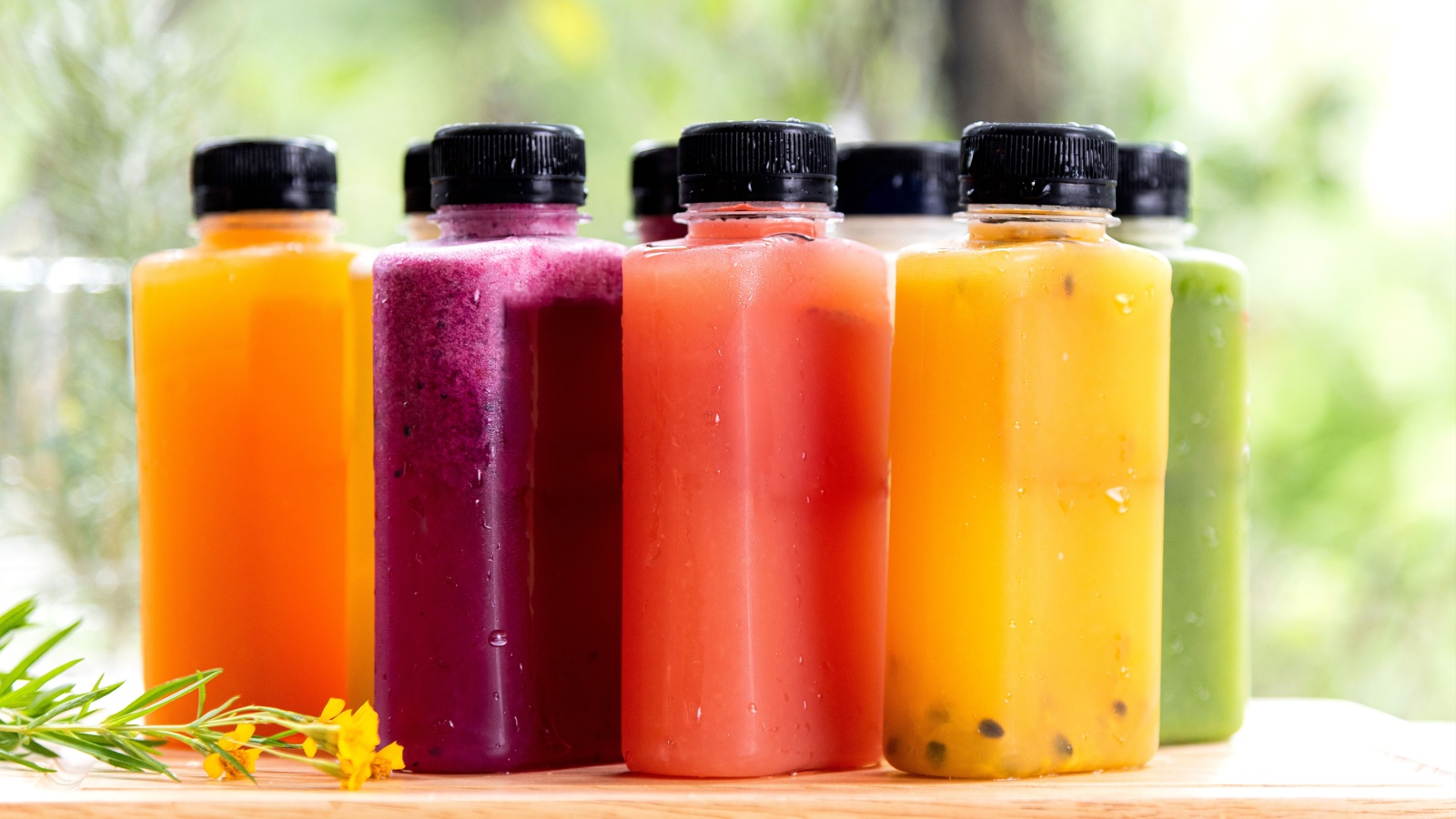
Cold-pressed juices are everywhere, from boutique juice bars in Toronto to grocery aisles in Vancouver. They promise detox benefits and nutrient-packed convenience, but at $8-$12 per bottle, they are hardly a budget-friendly habit. A single juice can cost as much as a full bag of fresh produce, and while they do deliver vitamins, you are also losing out on fiber and paying a premium for clever marketing. Blending your own smoothies or simply eating whole fruits is far cheaper and often healthier, and if you’re sipping juices daily, your wallet is probably taking a bigger hit than your body is benefiting.
Gluten-Free Snacks

Gluten-free crackers, cookies, and granola bars have gone mainstream. Still, unless you have celiac disease or a medical reason to avoid gluten, you are likely paying double for snacks that aren’t any healthier. In Canada, gluten-free packaged foods can be 30-50% more expensive than their regular counterparts, but many are still loaded with sugar, sodium, and preservatives. If you’re choosing them just because they sound healthier, you may be draining your grocery budget unnecessarily. A bag of almonds or homemade popcorn can give you a nutritious snack without the premium price tag that comes with the gluten-free label.
Superfood Powders
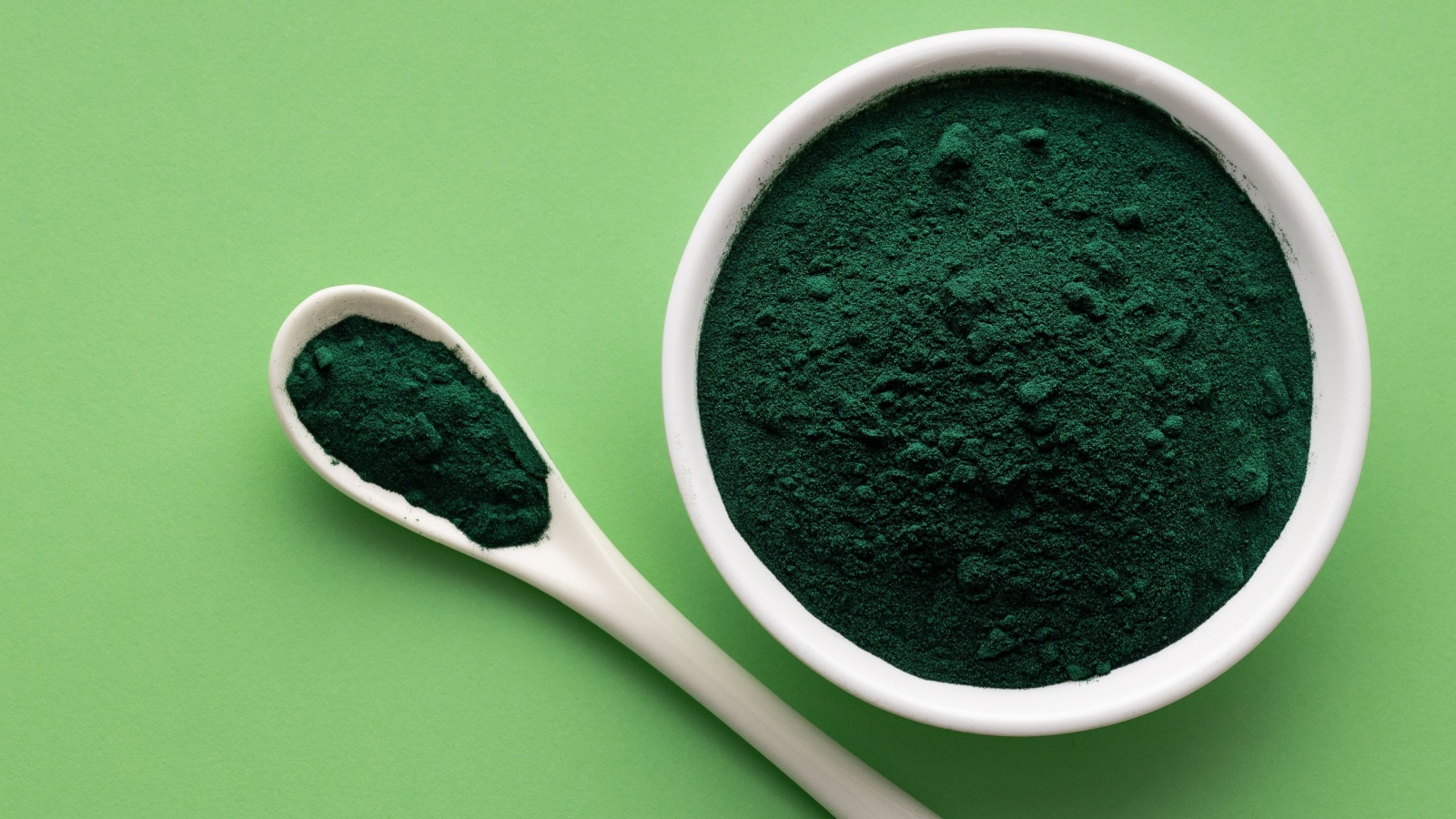
From spirulina to maca to acai powders, Canada’s wellness scene is obsessed with so-called superfoods. But at $25-$40 a pouch, these trendy powders quickly add up, and while they do contain nutrients, you can often get the same benefits from everyday foods like spinach, berries, or oats, at a fraction of the price. The superfood label is more about marketing than magic, and unless your doctor recommends explicitly them, these powders are often an unnecessary splurge. If you are sprinkling them into smoothies daily, you might be boosting your grocery bill more than your actual health.
Plant-Based Protein Powders
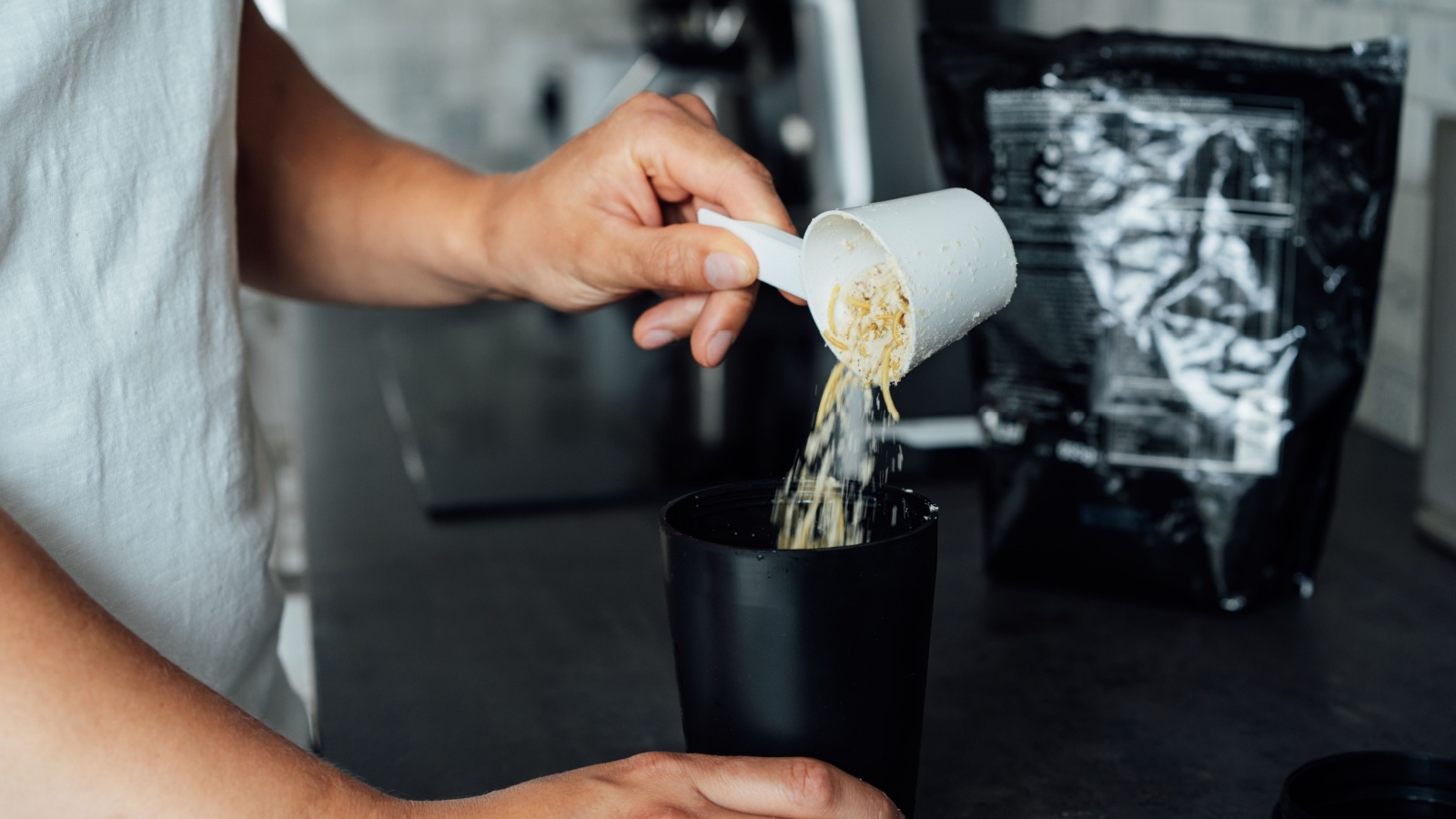
Protein powders made from pea, hemp, or rice are booming in popularity, especially in Canada’s urban fitness hubs. But at $50-$70 a tub, they are far from cheap, and while they can be useful for athletes or those with restricted diets, most Canadians already get enough protein from everyday foods like eggs, beans, or dairy. In many cases, you’re paying for convenience and a wellness label rather than nutritional necessity. Unless you truly need supplementation, these powders are one of the easiest ways to overspend in the name of being healthy.
Kombucha

This fizzy, fermented tea has become a Canadian café staple, often sold for $4-$6 a bottle. Marketed as a gut-friendly drink, kombucha does contain probiotics, but so do affordable staples like yogurt and kefir. Drinking it daily can add $30-$40 to your grocery bill every week. Many bottled kombuchas are high in sugar, which cancels out some of the supposed health benefits, and if you love the taste, consider brewing it at home to have a budget-friendly health booster.
Pre-Packaged Salad Kits
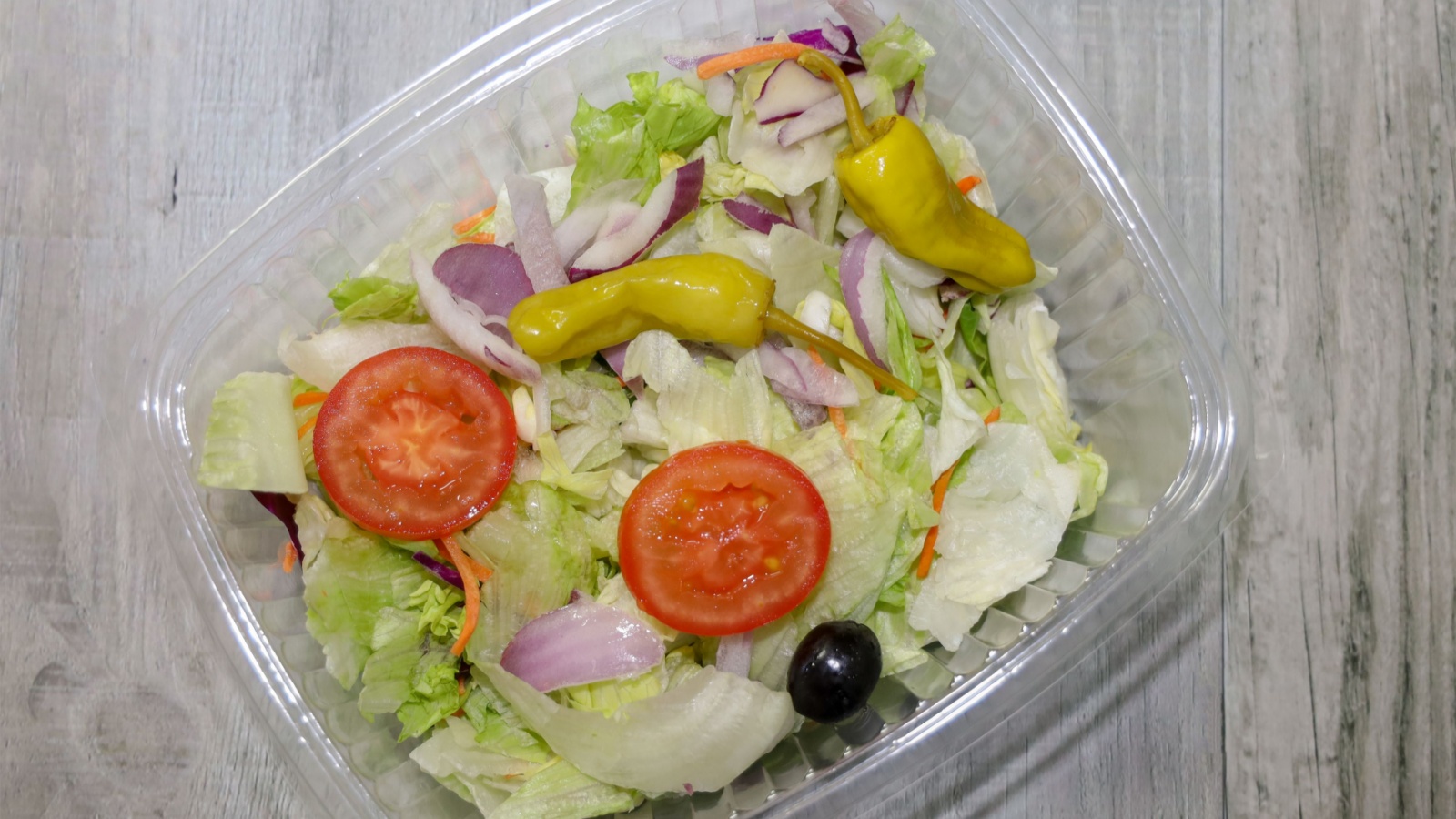
Salad kits are marketed as a quick way to eat clean, but in Canadian grocery stores, they can run $6-$8 per bag, which is a steep price for a handful of greens, some croutons, and a tiny pouch of dressing. When you compare the cost of buying whole vegetables, you’re often paying two to three times more just for convenience. Additionally, many kits come with dressings that are high in sugar and sodium, and while they save time, they don’t necessarily save your health or your budget.
Almond Butter
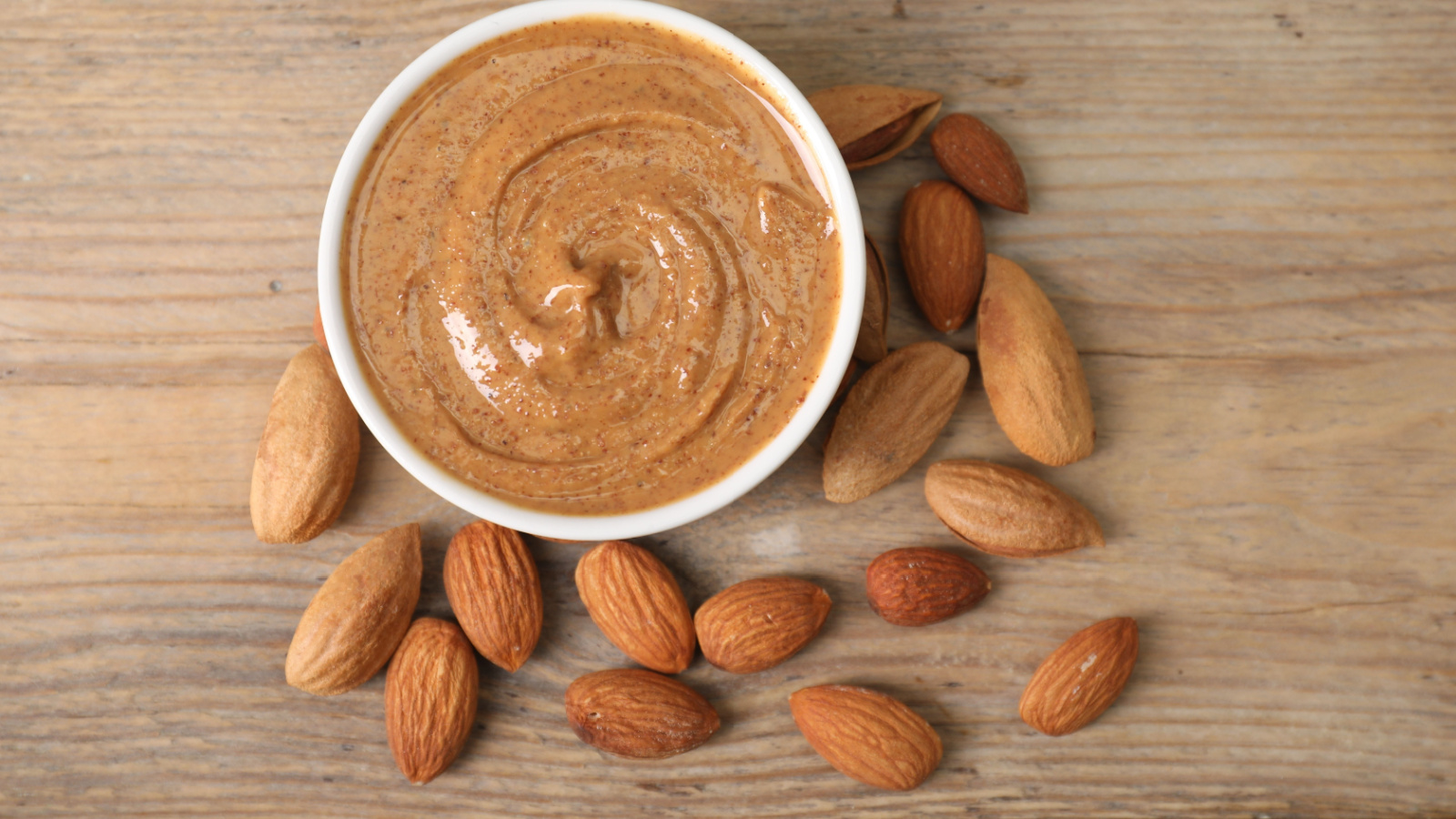
Almond butter is touted as a healthier alternative to peanut butter, but it comes with a serious markup. A small jar in Canada can easily cost $10-$15, while peanut butter sells for half the price. Nutritionally, the difference isn’t dramatic as both are high in protein and healthy fats. Unless you have an allergy, the switch to almond butter may be more about hype than health. Over time, this small swap can add up to hundreds of dollars a year, and sticking with classic peanut butter or making your own nut butter keeps your budget intact.
Plant-Based Meat Alternatives
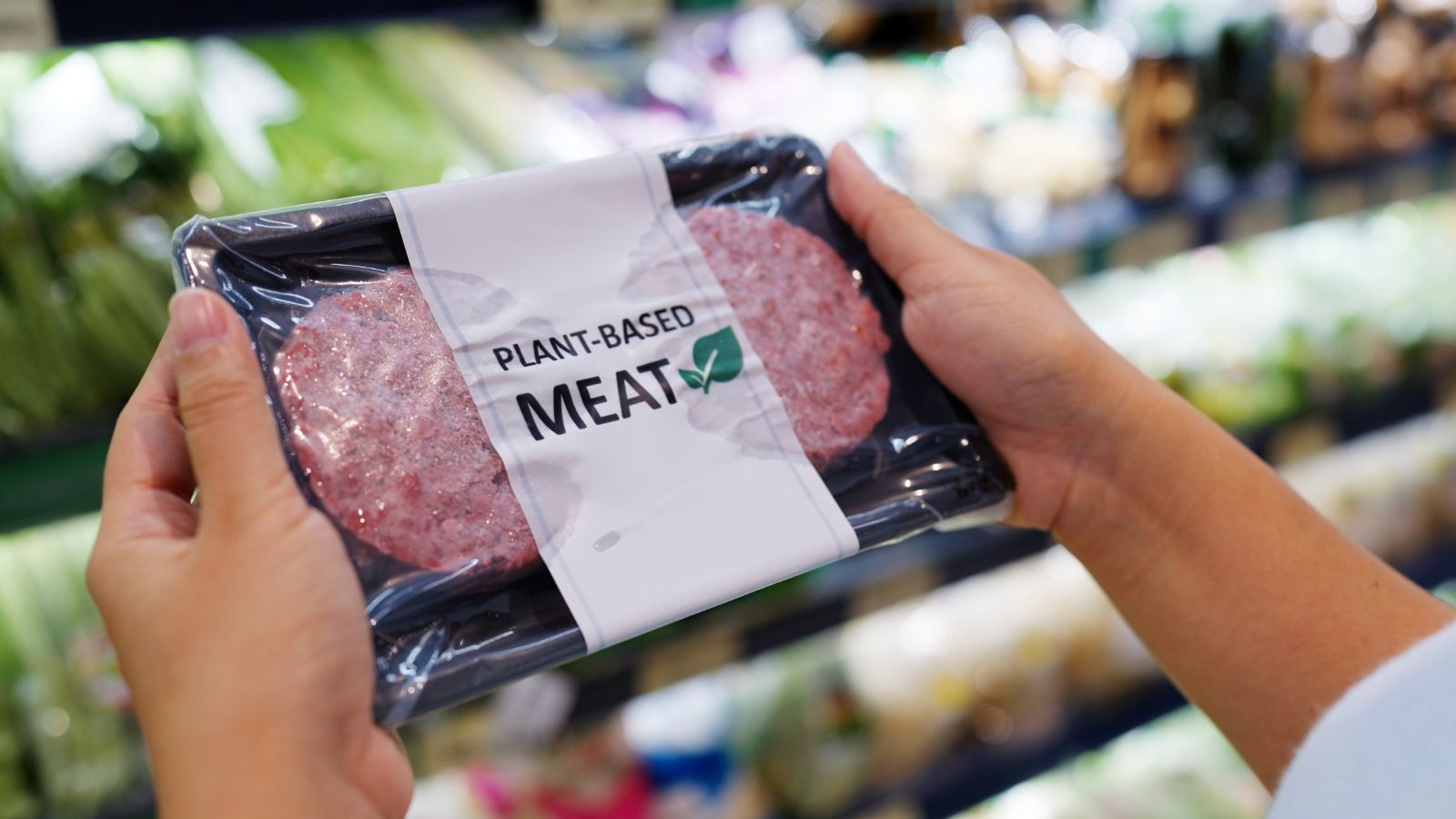
From Beyond Meat burgers to vegan chicken strips, plant-based proteins are popping up everywhere. While they are promoted as eco-friendly and healthier, they often cost significantly more than traditional protein sources. In Canada, a pack of plant-based burgers can cost nearly twice as much as ground beef, and many are highly processed, loaded with sodium, and not necessarily superior in terms of nutrition. Choosing them for variety is fine, but relying on them as a staple is a pricey way to try to eat healthy, as beans and lentils deliver protein at a fraction of the cost.
Coconut Water
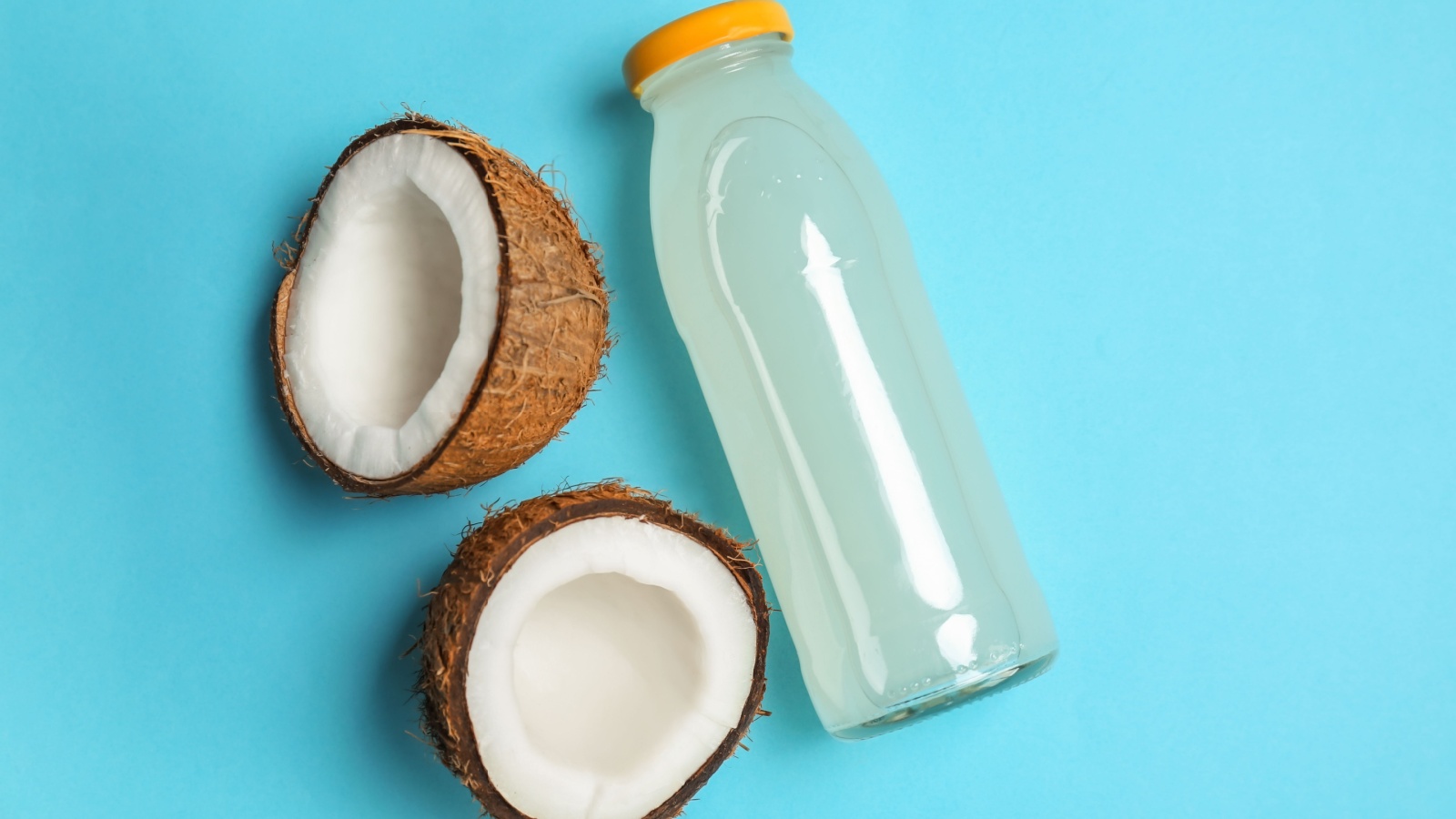
Coconut water has been branded as the ultimate natural hydrator, often sold for $3-$5 per bottle in Canadian stores. While it does contain electrolytes, it is no better than plain water for everyday hydration, and unless you’re running marathons, regular tap water is not only sufficient but free. Drinking coconut water regularly can easily inflate your grocery budget with little added benefit. It’s refreshing, but if you’re sipping it daily just for health, you’re probably spending far more than you need to. For most Canadians, this trendy drink is more of a wallet drain than a wellness essential.
21 Products Canadians Should Stockpile Before Tariffs Hit

If trade tensions escalate between Canada and the U.S., everyday essentials can suddenly disappear or skyrocket in price. Products like pantry basics and tech must-haves that depend on are deeply tied to cross-border supply chains and are likely to face various kinds of disruptions
21 Products Canadians Should Stockpile Before Tariffs Hit
